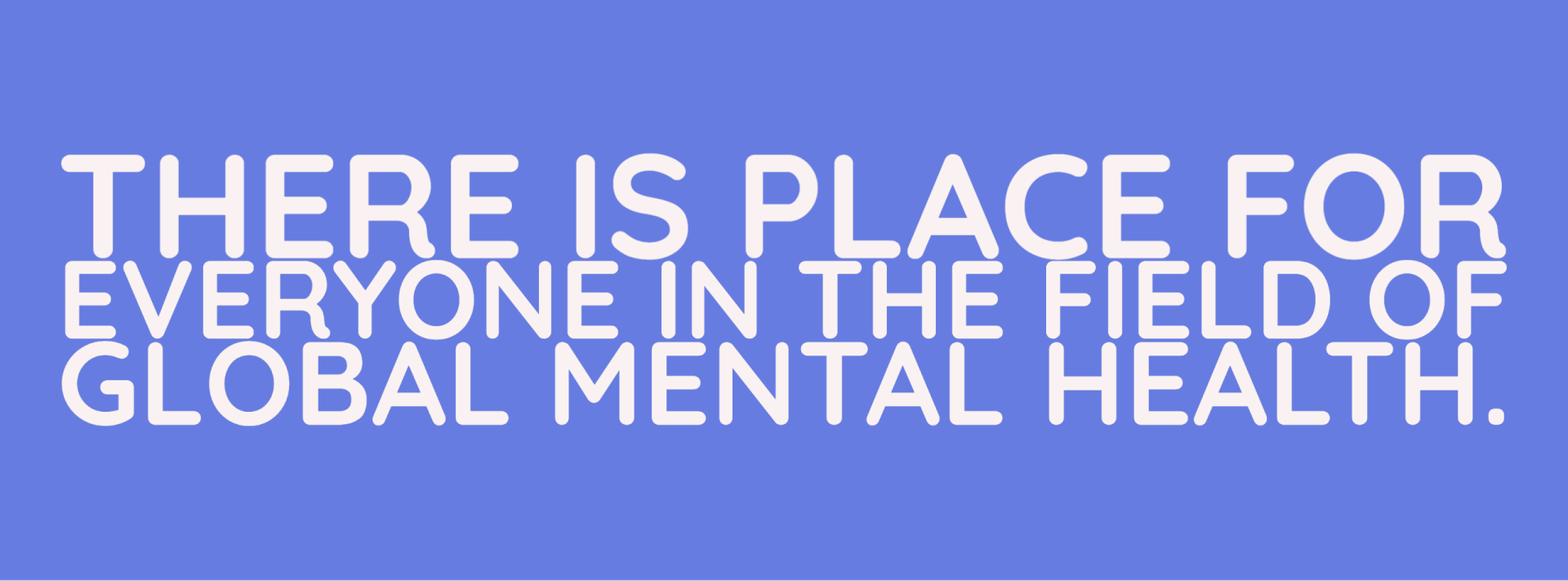What inspired you to work in the mental health field?
It was the urge to understand and help people that drove me to become a psychologist.
Mental suffering is, paradoxically, something that everyone experiences, but at the same time people consider it mystifying and feel very little qualified to do anything about it - in themselves or in others. I wanted to know more about the mystery that lies within us, and learn how to do something about it in these cases when it brought people anguish and sadness.
What inspired you to work in the mental health field?
The field of global mental health represents the same to me as above, but on a larger scale - the scale of the whole world. In the past few years we have seen that people everywhere recognize the call for action on mental health, in all the countries and territories, despite the field of global mental health being more delineated in high-income countries. Therefore we should not consider global mental health as something to do to/with 'developing' countries. It has been rightly remarked that all countries are developing countries when it comes to mental health. We all stand to learn a lot better how to manage the vast needs out there. Usually, people would say there are gaps of treatment, prevention and promotion. I would say there are also needs for connection, empathy, understanding, mutuality, helping - the purely human mixed in with the scientific.
The field is still young and seething with opportunities, voices, messages and possibilities. There is place for everyone.
What advice would you give a young person interested in entering the global mental health field?
Think, participate, read about mental health and the interdisciplinary debate - in that order. Wherever you are, there are opportunities. I hope our field will soon develop in a direction where it won't matter where in the world you are, because you can connect to global mental health people everywhere. Find a way to contribute - this is how I started my website globallyminded.org and my list of global mental health events. Keep your passion and your conviction that things can be changed for the better.




